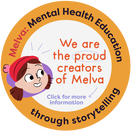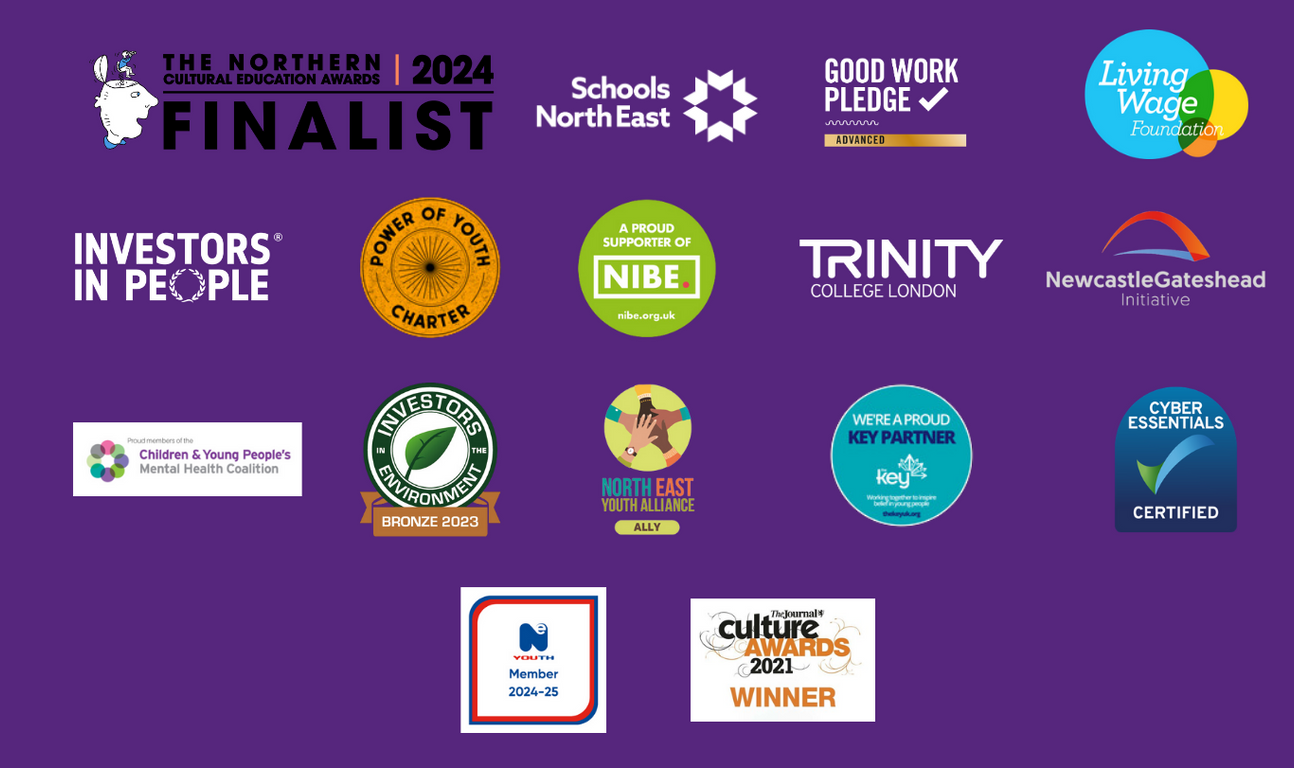|
It’s been a whirlwind - we’ve toured shows, created film projects, started new collaborations, grown our team, and worked with more young people than ever before! As we wind down into the start of 2024, we wanted to take a few moments to celebrate and share our favourite memories and highlights of the year: In April we were delighted to tour once more with Ensemble Young Company and we had so much fun bringing FLUX to YMCA Northumberland, Burnley Youth Theatre, and Theatre Porto. The experience has brought the group closer after the disruption of the COVID pandemic and it’s been fantastic to see the cast, some of whom have worked with us for many years, captivating audiences once again. “I’ve been a part of Ensemble Young Company for two years - it’s been exciting to take Flux to the next level. I’ve enjoyed working with a great crowd of young people and guest artists; it has helped me to believe in my own abilities, to be more confident and progress as a performer.” - Amaaya, Flux 2023 Tour Cast Member And since September Ensemble Young Company have been working on a collaborative project, led by Company Three, with Beyond Face and Prime Theatre, to co-create performances looking at the shared theme of ‘Grow Up’. So far it has been a fantastic opportunity to share theatre-making practices and connect with passionate young people and staff from youth theatres around the country. In the summer our youth theatre groups took part in The Bigger Picture Project where they worked with film makers Fly Girl Films to make film shorts that invited audiences to see the world through Mortal Fools Youth Theatre’s eyes and feel what it’s like to grow up today. Each film features a joyful sense of humour, heartfelt optimism and a broad range of stories unfolding. Although young people today face unique challenges, it’s been lovely to see that viewers of all ages have found something in these films they could empathize with. You can watch all five films here. “Out of our minds is a must- see for those interested in making a difference!” – Eric Fletcher, YMCA Youth and Communities Manager As part of The Bigger Picture project, it was also wonderful to be able to host screenings, creative workshops and even get our Ashington and Tyne Valley community involved in the filming. It was great to chat to folks about how they feel about where they live – the past, present, and future! Over the year we’ve found new ways of working with young people and have ran many exciting pilot projects. We have created projects in youth work settings, partnering with YMCA Northumberland for our Creative Monday’s project and running a series of sessions with Amble Youth Project. We’ve also ran sessions with home-schooled children and young people at Gosforth Civic Theatre and have been working with Prince’s Trust to deliver a skills development program for young people ages 16-25 who are interested in careers in the Creative sector. And to top it all off we’ve hosted creative pop ups at events for Ashington Town Council and others – enabling us to connect with hundreds and hundreds of young people out and about in our communities. Being able to experiment working in different ways, different levels of engagement and various settings, has been a great opportunity to further understand our audiences and community; their needs, what’s going on in their lives, how they may benefit from participating in creative Mortal Fools activities and what they’d like to see from us in 2024 and beyond. We have actively developed our practice to ensure we are creating welcoming and equitable spaces for participants with intersectional needs, who are now the majority of our beneficiaries. We have also expanded our work in schools, with more schools using MELVA this year than ever before. MELVA is a creative storytelling intervention that supports children aged 7-11 to manage their mental well-being and talk about their feelings. In 2023 we have been able to provide MELVA for free to an increasing number of North of Tyne schools, with funding support provided by the North of Tyne Combined Authority, alongside generous donations by Muckle LLC and Ryder Architecture. Currently over 70 schools are using the programme in Northumberland, Newcastle, and North Tyneside! We’ve welcomed new members to the Mortal Fools team recruiting new Youth Theatre Facilitators and Trustees and creating a new Producer role to provide more support for our Connect and Melva programmes. “Since joining the organisation earlier this year I have felt like a really valued member of the team and have loved seeing the impact our work has on young people. I am looking forward to continuing and expanding my work with Mortal Fools in the new year!” - Jessica Whittle, Assistant Practitioner We are particularly excited to have created more opportunities for young people to develop their professional skills, supporting them to become caring and passionate future leaders of the arts and culture sector. Two of our Ensemble Young Company members Amaaya and Eloise are now paid members of staff taking on Assistant Practitioner roles, whilst Connor has joined the team as a Volunteer. These young people have been able to gain skills in co-creating and facilitating youth theatre sessions by working alongside our experienced facilitators and staff. We are also thrilled that Mortal Fools Youth Theatre alumni Mark and Maisie have now joined our Board of Trustees, providing their essential insights as former Young Leaders and Ensemble Young Company members. We ended the year on a high with Fools Fest 2023: Through the Wardrobe, co-created, and performed by our Mortal Fools youth theatre members, exploring the theme of Narnia. We wanted to go big with this year’s annual Youth Theatre showcase, challenging our groups to take inspiration from fantasy stories and think ambitiously about how to embody unusual characters and craft alternative worlds for the audience to discover. “My favourite part about working with Mortal Fools this year has been seeing our Tyne Valley Stage Three group use their imaginations and build short scenes using the prompts we’ve given them. It’s been an experience I’ll never forget. Thank You so much Mortal Fools, you're the best family I could ask for.” - Connor, Volunteer and Ensemble Young Company Member We transformed Highfield Middle School and YMCA Northumberland into magical winter wonderlands with professional set design, lighting, and sound design to perfectly set the scene. We received overwhelmingly positive feedback from our audiences, and it was brilliant to hear family members speak about how much their child’s confidence had grown through being part of the youth theatre. “Throughout Fools Fest our young people continued to be amazed by seeing their ideas and imaginations coming to life around them. Transforming normal community spaces into immersive, magical worlds offered our young people and audiences an experience that they will never forget.” - Scott Wilson, Young Peoples Practitioner We really couldn’t do all this without the ongoing support of our wonderful Mortal Fools community. There are lots of ways to support us, including by sharing our digital work, attending shows, and championing our projects with friends and family. If you feel able to donate click here to visit our Support us page.
We will be back before you know it and we can’t wait to build off this year's successes, creating amazing memories with our young people and bringing you bigger and better performances and projects! Share what you’re most looking forward to in 2024 in the comments! For now, we’re looking forward to sticking on the festive tunes and enjoying some mince pies and mulled wine. Have a fantastic Christmas and a Happy New Year!
1 Comment
We’ve been celebrating #IWill week – a week all about recognising the power of young people to create meaningful change through social action. This year marks 10 years of the #IWill movement and we’ve been involved across the last six, as an organisation supporting and empowering children and young people to make a difference on the issues that effect their lives. Social action is a broad term and at its heart, is people coming together to help improve their lives (and the lives of others) and solve the problems that are important in their communities. There are many ways to get involved including engaging with organisations like Mortal Fools and others listed here, volunteering, being an active and visible part of your community, digital campaigning, taking part in protests, fundraising…. Social action is an integral part of our work, as we cocreate performances, films and creative intervention projects that highlight the thoughts, insights, feelings, and ideas of our young people and give them a platform to express themselves whilst advocating for the change they want to see in the world. We enlisted Molly Taylor, an #IWill ambassador, young activist, and friend of Mortal Fools to tell us more about her activism journey and to explain the power of youth social action. What does activism mean to you? Being an activist means more than just caring about social issues. I was 12 when I started helping with the Syrian Refugee Crisis through Save the Children however, I only started seeing myself as an activist two years ago. Speaking up about my own experiences made me feel ready for the activist title. Now, I know being an activist is more than just a name; it's a responsibility. It means being real, staying determined, and doing what it takes to make a difference on important issues. Can you tell us a bit about your journey into activism? Two years ago, I was in my room, which used to be a safe place, but it started feeling suffocating. I felt lonely and scared, but talking to someone at UK Youth and joining a youth programme showed me that I wasn't alone. I met others who felt the same, and that's when I knew I had to do something and use my voice and experiences to help others. Where do you feel you’ve been able to make the most impact? I feel like I've made the biggest impact by being part of the Belong Collective Leadership Group for two years. It's a group of 12 activists like me who've experienced loneliness and want to help young people in the UK. I started by attending meetings and later designed and led webinars about loneliness awareness. This led to cool opportunities like being invited to 10 Downing Street and being part of discussions in Parliament. Sharing my experiences has helped shape the plan to tackle youth loneliness Nationally and connect the topic meaningfully to university students. What has been your biggest challenge? My biggest challenge is that I care so much about the cause that I sometimes forget to take care of myself. I'm working on that every day – I want to be the best person I can be while still making a difference for others. It's a double-edged sword because I want to help with loneliness, but the work can get overwhelming and make me feel lonely too. I've learned the importance of being kind to myself. I have recently taken up hip hop and salsa dancing lessons to make sure I am taking time out to have fun and learn new skills whilst meeting new people. But I also look after myself by setting boundaries and saying no to things throughout the week if I feel like I am getting tired and don’t have the energy. I also like to walk outside during the daylight hours, especially when it is sunny. What has been your most enjoyable moment? The best part of my journey is the community that I’ve found and connected with through campaigning. I now have friends from all over who care about making the world a better place for everyone. Why is finding a community important when engaging in social action? It is so important to find a community and sense of belonging when you are an activist. As activists we tend to think that we (alone) can solve all the problems, but that is not the case. I think this why the IWill week theme 2023 “what if the next big thing is a lot of little things?” is particularly important because we need to work together as a community, not only to support each other but to achieve systemic change. We can’t do it alone and shouldn’t have to. What barriers have you faced when engaging in youth social action? Getting into activism has had its challenges for me. One barrier I experienced, was feeling like my voice wasn't heard, especially when I was younger. It can be tough when you feel like people don't take you seriously. But I am happy to see youth voice becoming more embedded into education and organisations. I wish that model existed when I was younger. That’s why youth work is so powerful, and I hope every young person has access to a youth worker in the future. What advice would you give to a young person interested in creating change but not sure where to start? Start small and look for local groups or projects that align with your interests. Connecting with like-minded people can be powerful. Don't be afraid to share your ideas and remember that every little effort counts. Also, seek guidance from those who have been there before. Mentors can provide valuable insights and help you navigate the challenges of creating change. Any closing thoughts? I'd say that change begins with each of us. Stay true to your beliefs, surround yourself with a supportive community, and never forget that your voice matters. Together, we can create a world where positive change is not just a goal but a reality. And if you’re interested in learning more about Molly’s work, Mortal Fools have recently partnered with her project Alone No More which seeks to support young people by providing resources to organisations and youth workers that help them to initiate conversations about loneliness. Molly’s purpose is to ensure that no young person experiences loneliness alone. Check out the Alone No More website for more details here.
If you want to get more support with your activism journey check out: #iwill are committed to supporting young people to make real change on the issues that affect them and their communities. If you are aged 10-25 you can become an iwill ambassador to develop your confidence and skills and find a community of likeminded people who can support you in your activism journey. Find out more about the #iwill movement here. UK Youth have fantastic resources for youth workers and organisations to help embed social action into their work and empower their young people. Co-designed with young people the EmpowerHER toolkit is focussed on social action for women and girls. Find our more about UK Youth here. The Key UK was created to empower young people to realise their potential, develop the skills they need to thrive, and recognise the positive impact they can make in society. We have completed projects previously with the Key and have always had a great response from our young people. Find more information about the Key here. |
Archives
February 2024
Categories
All
|
MELVA |
CONNECT WITH US |
CONTACT US0191 580 1250
info@mortalfools.org.uk |
MAILING LIST |
|
HEAD OFFICE
YMCA Northumberland North View Ashington Northumberland NE63 9XQ |
|
PRUDHOE OFFICE
Spetchells Centre Front Street Prudhoe Northumberland NE42 5AA |
Mortal Fools is a company limited by guarantee and a registered charity. Company number: 8102487. Charity number: 1153400.
View our Privacy Policy here. View our Safeguarding Policy here.
View our Privacy Policy here. View our Safeguarding Policy here.

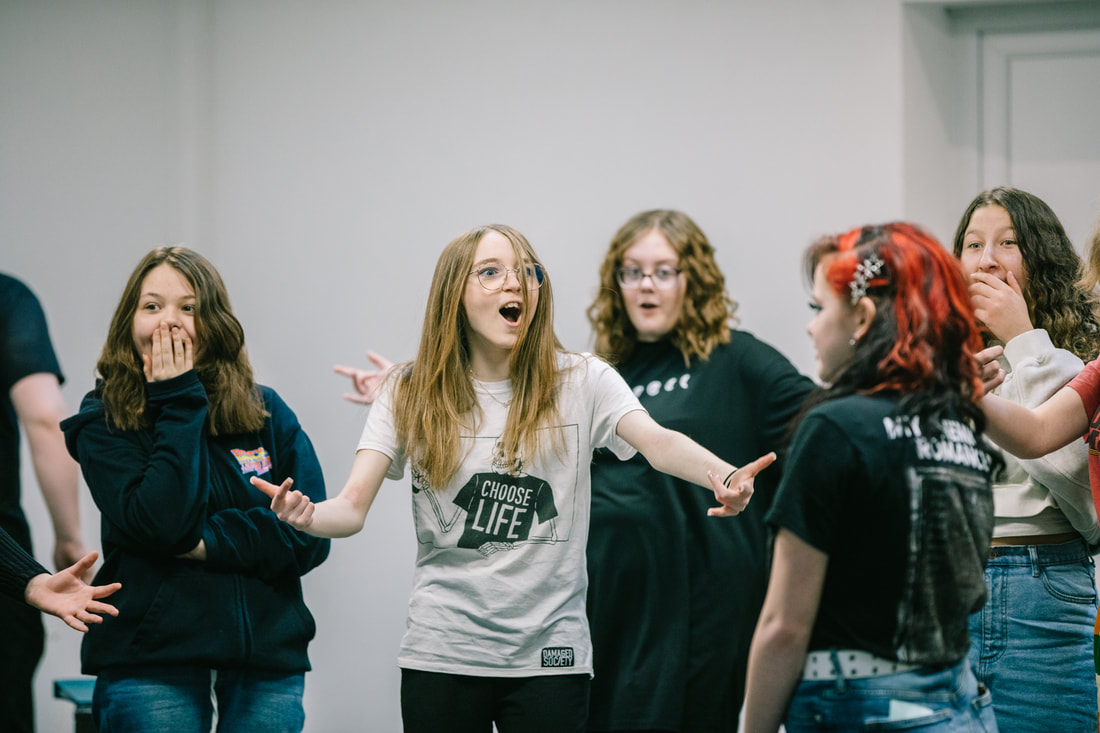
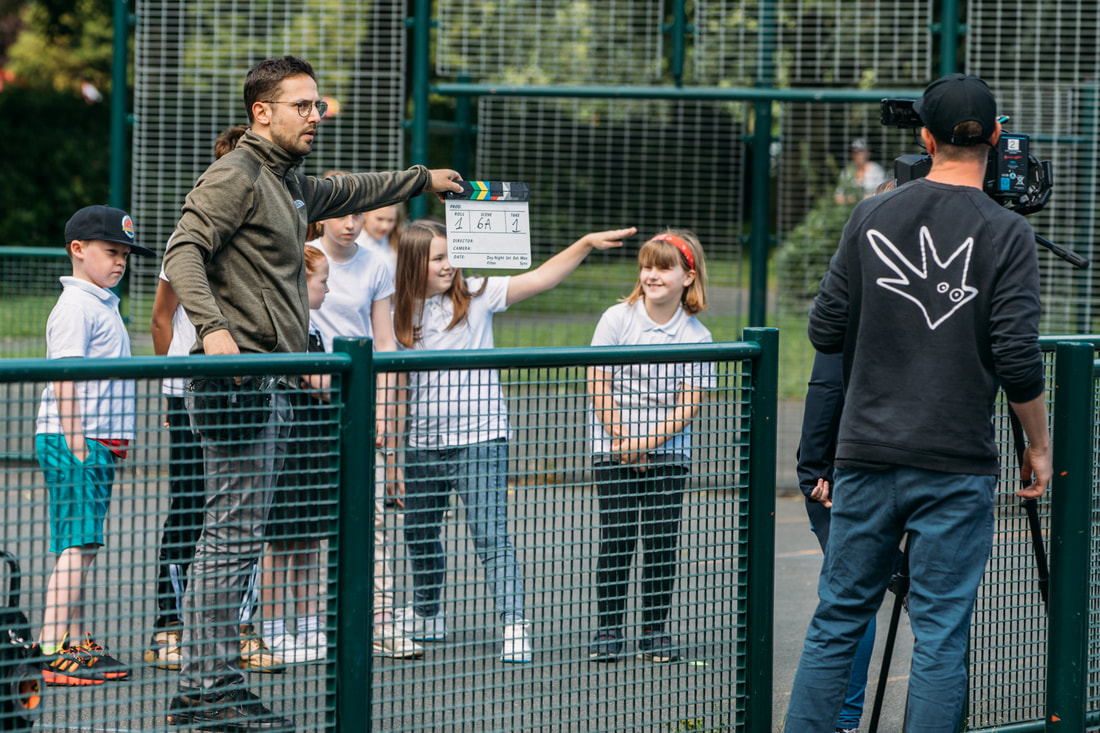
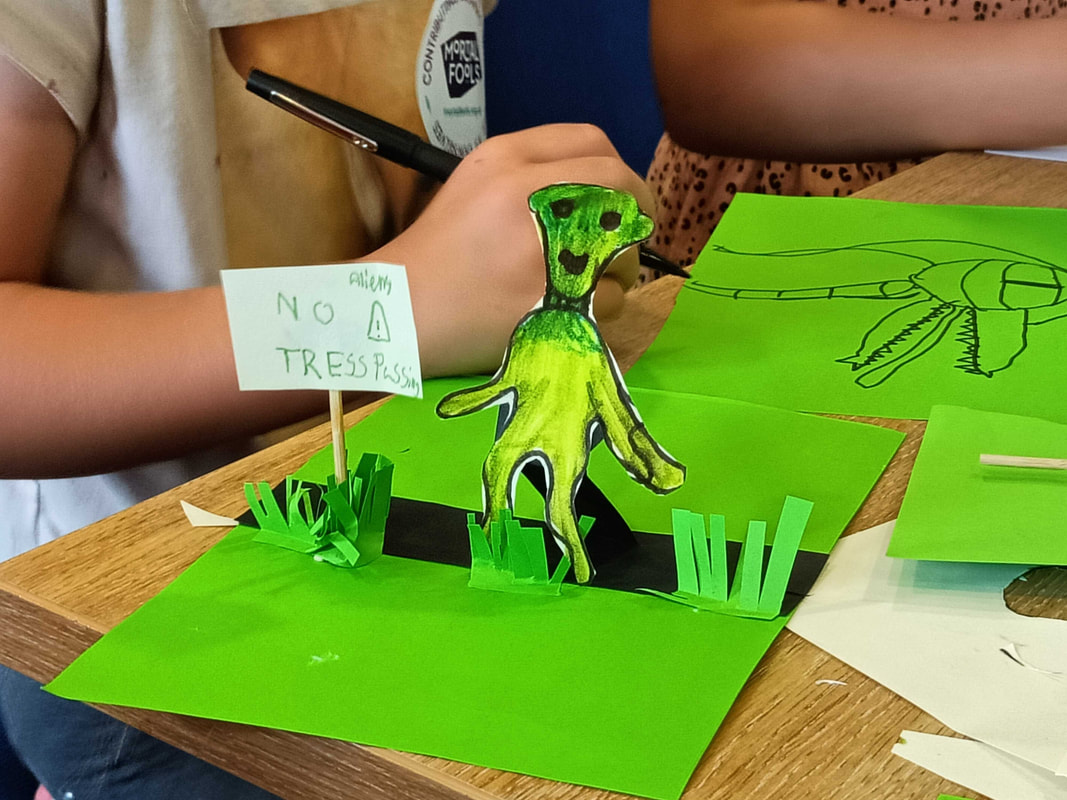
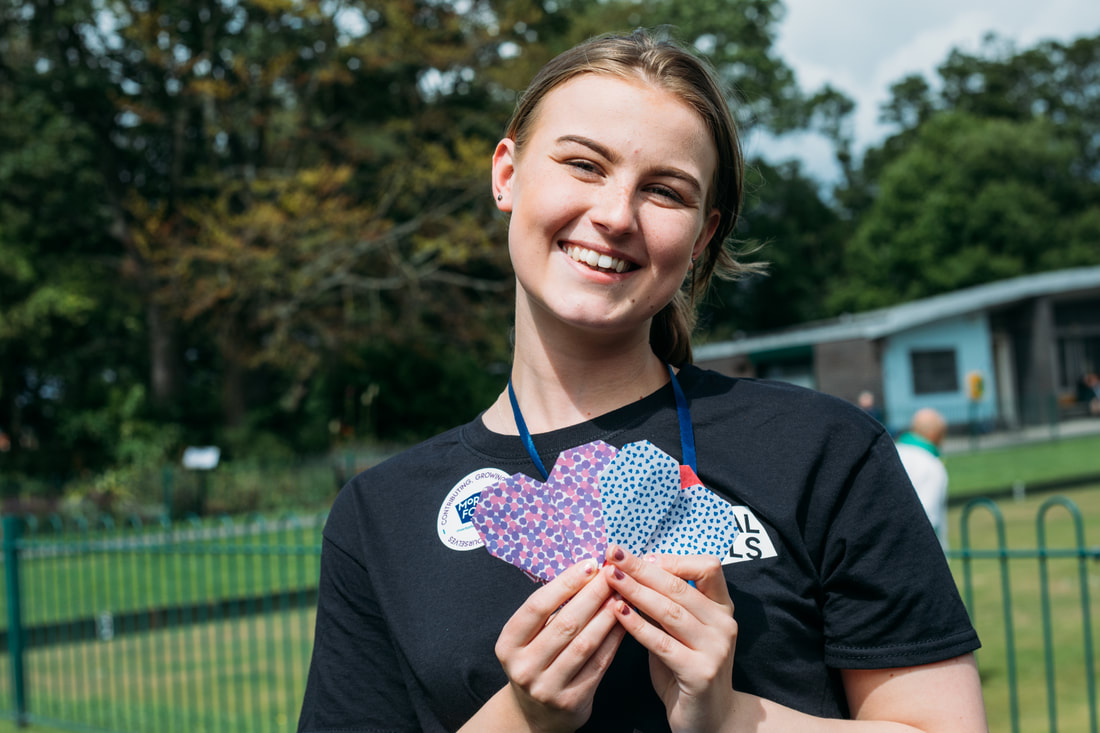
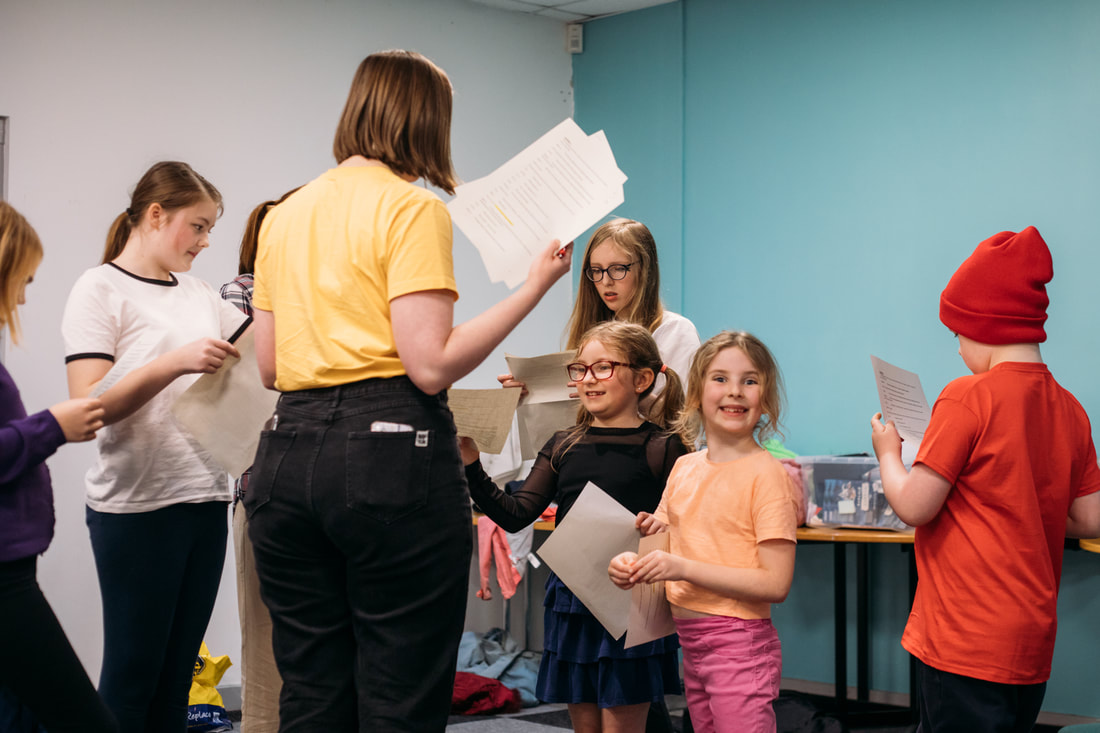
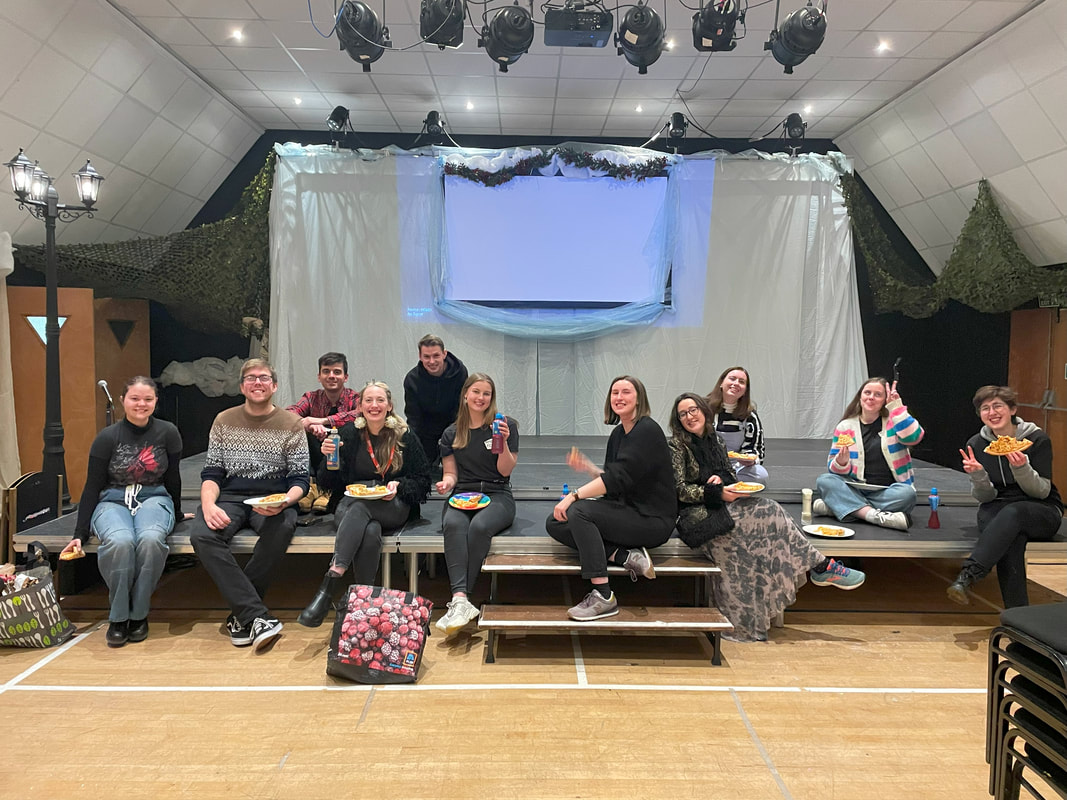
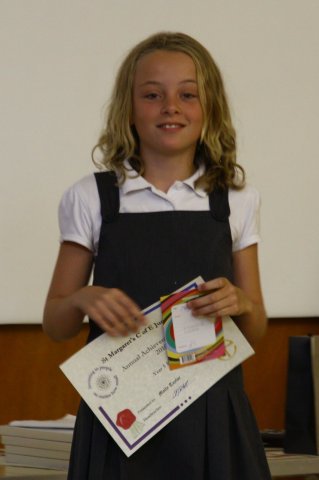
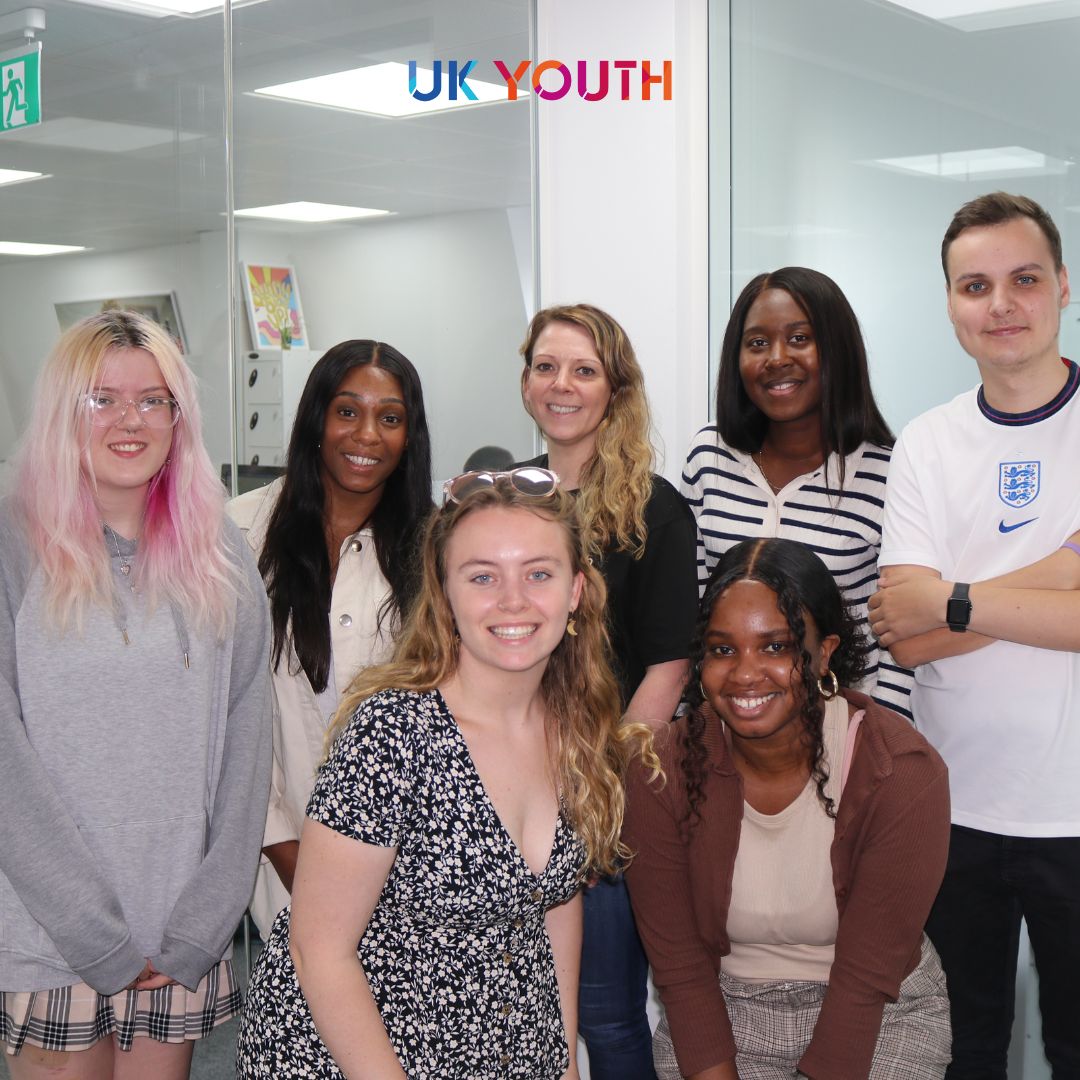
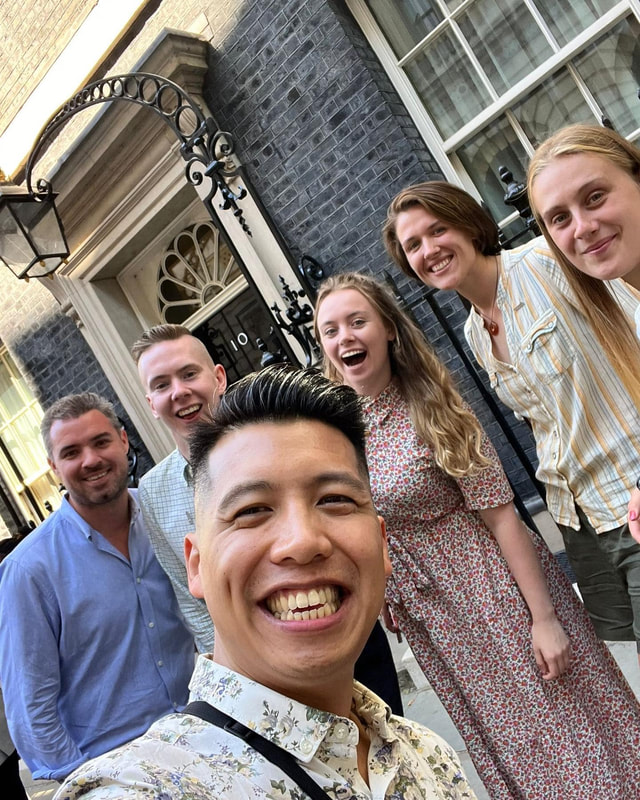
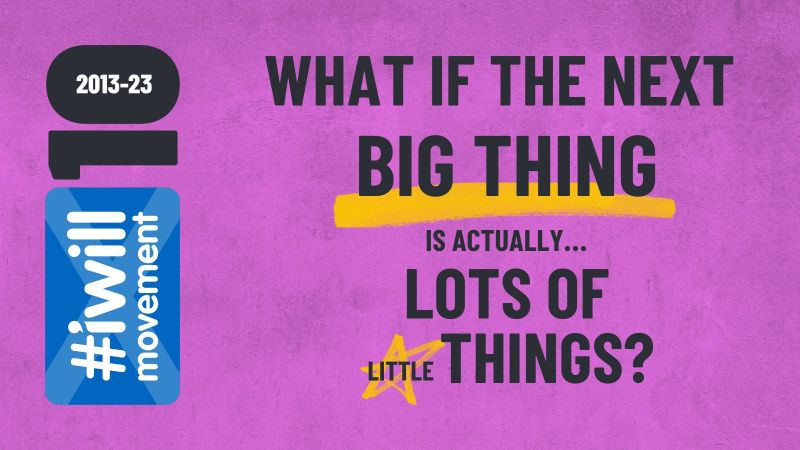
 RSS Feed
RSS Feed
